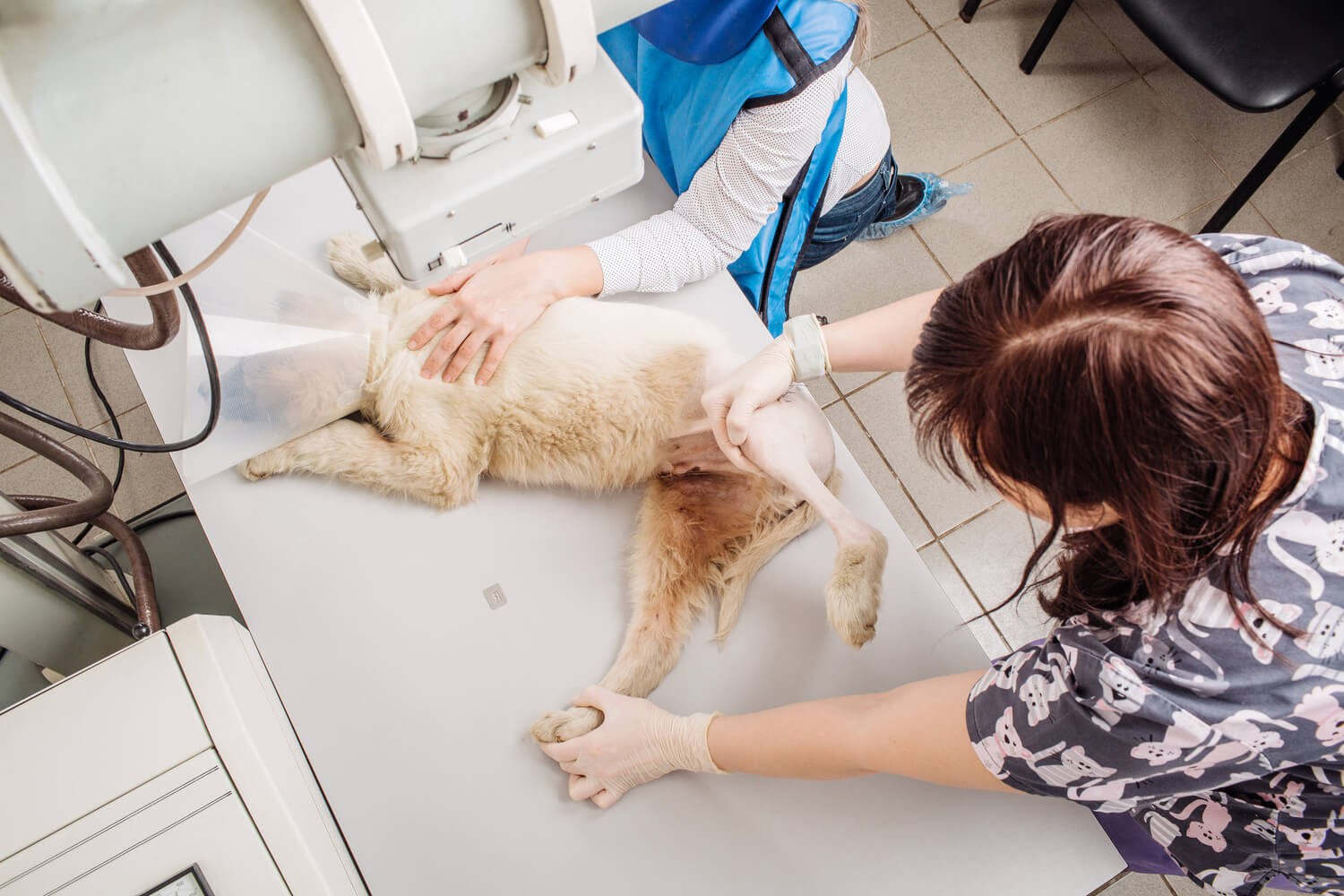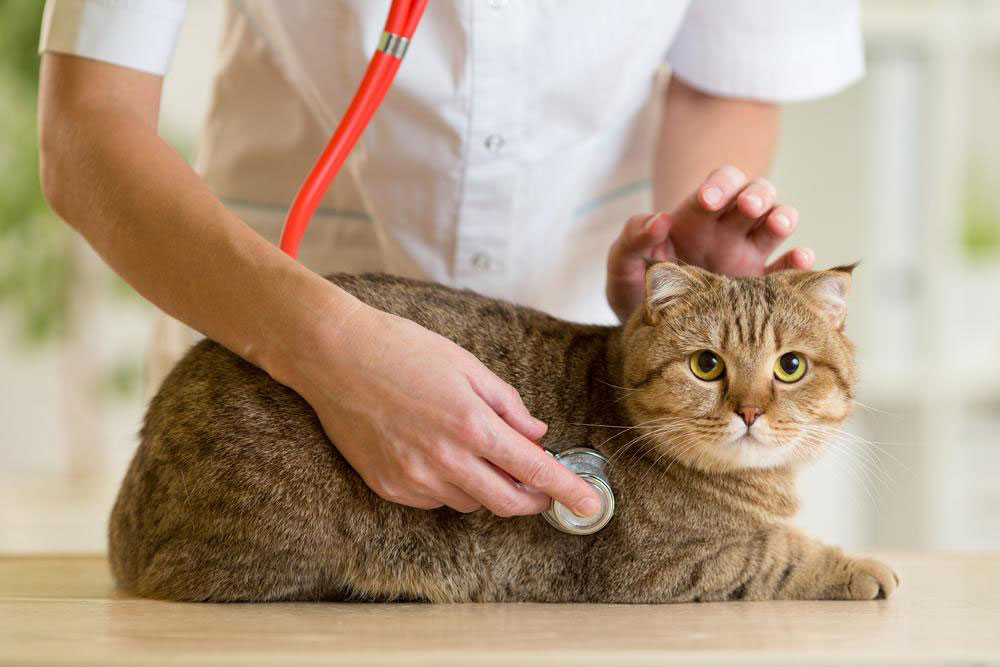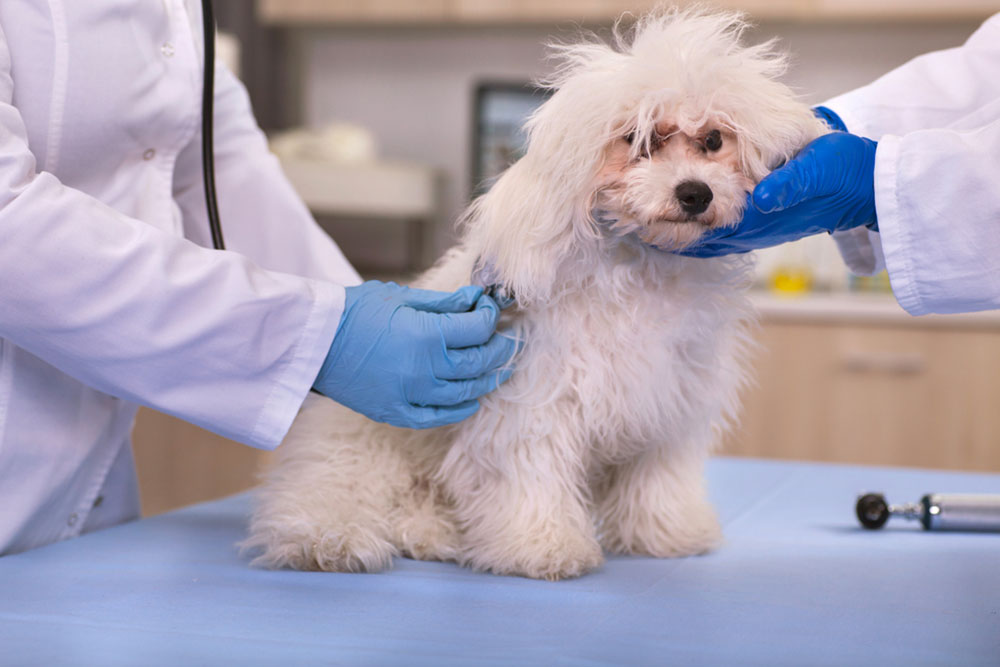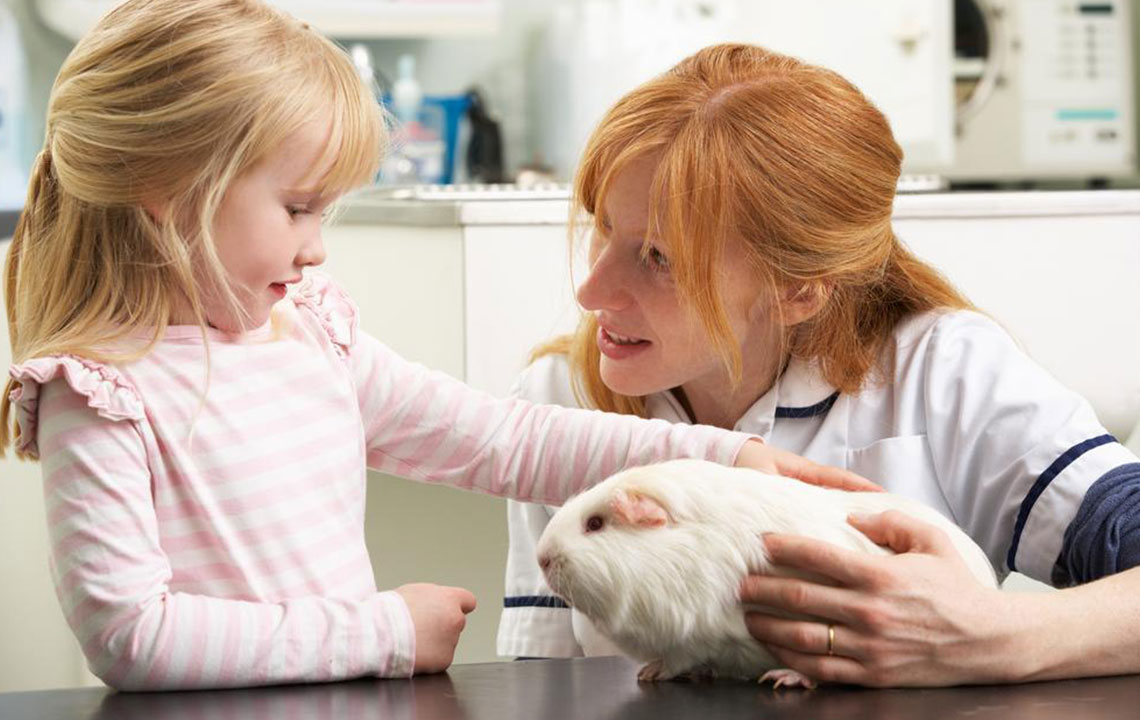A Guide To Pet Insurance For Exotic Animals
A Guide to Pet Insurance for Exotic Animals
These days, a lot of people have a wide variety of pets in their houses. While most of them stick to cats and dogs that are excellent companions, some might look out for more exotic pets. Some might find it worthwhile to train an African Gray Parrot to speak while others might prefer a fluffy bunny over a canine. Irrespective of which pet you select, you will need medical health insurance for your pet to cover the cost of treating any illness that might crop up.

- Frogs and other amphibians
- Chameleons
- Iguanas
- Chinchillas
- Ferrets
- Geckos
- Hedgehogs
- Possums
- Potbellied Pigs
- Rats
- Turtles
- Tortoises
- Snakes
Why do you need bird and exotic pet insurance?
Just like any other pet, exotic animals also need insurance. They may also be vulnerable to different kinds of illnesses and injuries. It’s critical to take them to the vet for routine examinations, vaccinations, and diagnostic processes in case they appear unwell. It is particularly crucial to insure your exotic pets as, in all likelihood, they will need quick care if they fall sick. For instance, birds are especially vulnerable to parasites. While a canine or cat is capable of dealing with a parasitic contamination for months or longer, a bird would need treatment as soon as possible. In fact, a few parasites are lethal to birds. When you have bird insurance, you can rest easy as the cost of medical procedures is covered. Exotic pets, such as reptiles, also are relatively sensitive to their surroundings. If, for example, it gets too cold for them, they will get unwell quickly. Other exotic pets may also need clinical attention if they are exposed to high temperatures in the summer season. Similarly, your exotic pet is susceptible to injuries just like every other animal. Pet pigs, for example, are at risk of being attacked by dogs. Other exotic animals such as rats have a propensity to eat anything and everything put in front of them. It isn’t unusual for rats to bite an electrical wire, which may give them a shock or even lead to their death. Exotic pets can also consume ingredients or items that their systems are incapable of digesting, and this can lead to a minor medical emergency. In such cases, exotic pet insurance will cover the cost of any essential procedure.
What does it cover?
The insurance plans for exotic animals and birds are quite similar to those for dogs and cats. They generally cover fundamental health problems inclusive of grave illness, stressful injuries, and persistent sickness. More comprehensive policies cover preventative care which includes diagnostic assessments, routine veterinary check-ups, and overnight boarding. For exotic mammalian pets such as pigs, rats, and ferrets, you might be able to get an insurance plan that covers dental claims. While it is rare to find such a policy, it is not impossible. Your avian buddy may also get protection for alternative treatment options, provided that they are administered by a certified veterinarian and care for an illness that is covered by the policy. Medications and surgeries are likewise included.
Plans which cover your birds and exotic pets
It might be tough to find a range of policies that provide coverage for your exotic pet. Nationwide Pet Health Insurance provides coverage for all types of pets. They are one of the few organizations who also offer coverage for exotic animals. If you have a unique pet, you need to make sure that they live a long and healthy life, free of medical struggles and sickness. To make certain that their healthcare doesn’t jeopardize your financial condition, you must seek out a healthcare plan that is appropriate for them.




